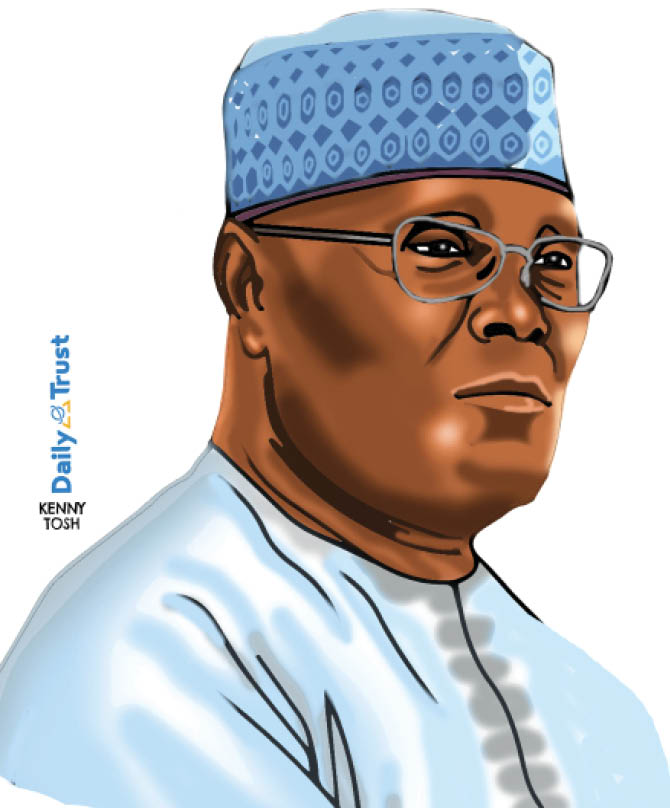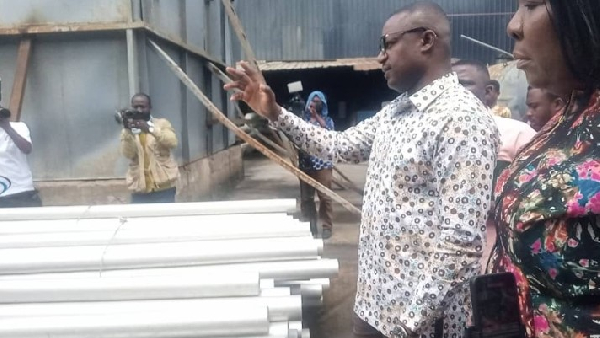Atiku calls for 'new movement' to reclaim Nigeria

Former Vice President Atiku Abubakar has stirred the political landscape with recent statements and activities, leaving many to speculate about his potential involvement in the 2027 presidential election. In a forthcoming interview, Atiku revealed that he is uncertain about contesting the presidency again, emphasizing the necessity of a viable platform, especially given the current state of Nigerian politics. This announcement comes amidst his efforts to form a coalition of opposition leaders aimed at challenging President Bola Ahmed Tinubu's administration in the next election cycle.
Atiku's political career is marked by multiple presidential bids, making him a veteran in the Nigerian political arena. When questioned about his intentions for 2027, he stressed the critical need for experienced and credible leadership in Nigeria, particularly now. He drew parallels to the political merger in 2014, where various presidential aspirants united to support a single candidate who ultimately won the election. This historical reference underscores his belief in the power of a united front to achieve political success.
Echoing sentiments shared by former President Olusegun Obasanjo, Atiku expressed concerns over the deteriorating state of Nigeria's democracy, describing the situation as “very dire.” He lamented the performance of the current generation of political leaders, many of whom have held significant positions such as governors and senators, yet have failed to improve governance at the state level. This disappointment extends to the legislative branch, as Atiku questioned the integrity of the National Assembly, particularly regarding their ratification of the state of emergency in Rivers State, alleging corruption within the assembly.
One of the pivotal moments discussed was Atiku's decision not to select Nyesom Wike, the current Minister of the Federal Capital Territory (FCT), as his running mate in the 2023 election. This choice has been widely speculated as a contributing factor to the internal strife within the Peoples Democratic Party (PDP). Atiku defended his decision, recalling the criticism he faced in 2019 for allegedly not consulting widely enough when he chose Peter Obi as his running mate. He recounted seeking advice from former President Obasanjo, who suggested candidates from the South-East, ultimately leading to Obi's selection after Obasanjo's initial recommendations of Ngozi Okonjo-Iweala and Charles Soludo were deemed unsuitable due to their non-membership in the party.
In 2023, Atiku delegated the selection process to the party, which recommended Ifeanyi Okowa, Nyesom Wike, and Udom Emmanuel. Atiku chose Okowa, who was the committee's top pick, thereby justifying his decision based on the party's recommendations. He firmly stated that he had no regrets over this decision.
Reflecting on his political journey, Atiku recounted the 1993 Social Democratic Party (SDP) primaries, where his mentor, Shehu Yar’adua, instructed him to step down for MKO Abiola. Atiku clarified the circumstances surrounding Abiola’s subsequent decision to select Babagana Kingibe as his running mate, despite an initial agreement with Yar’adua to have Atiku in that role. According to Atiku, SDP governors pressured Abiola to choose Kingibe, threatening to withdraw their support if he did not, given Kingibe’s influence as the former chairman of the SDP.
In a separate development, Atiku has called for a re-engineering of Nigeria, asserting that the nation is losing its way. During a coalition meeting in Yola, he emphasized the urgent need for a new political movement to steer the country back on track. He assured his supporters that he would soon address critical national issues and clarify his political position. Senator Ishaku Abbo praised Atiku’s leadership, pledging unwavering loyalty. Notably, aides of Senator Aishatu Binani, the APC governorship candidate in the 2023 election, were present, signaling a broad coalition that transcends party lines.






